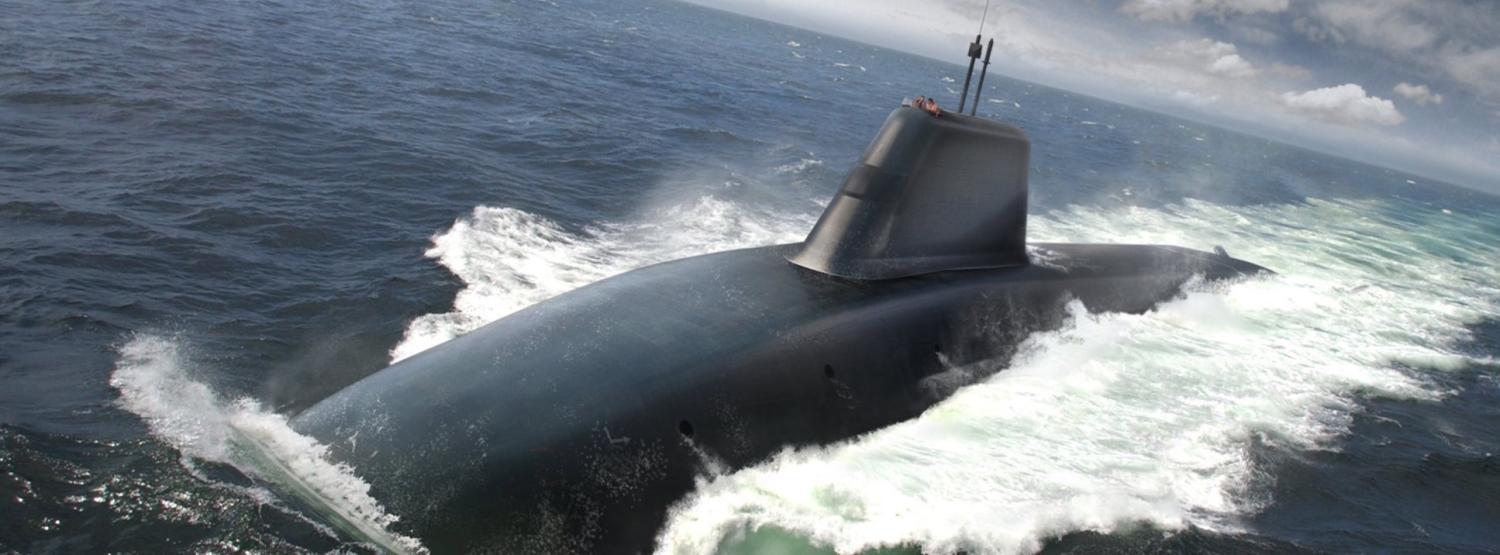The future looks ominous. There are grim warnings that Australia's strategic situation has worsened dramatically, with major power conflict increasingly likely. Some commentators fret over US withdrawal from the region, which would leave us disturbingly exposed. Others worry that the US is now too weak anyway.
In the long term, China causes the most worry, given its South China Sea island-building and interference in Australia's domestic affairs. Over time, with the world's largest economy, China could field military forces comparable to the US – perhaps better. There is little Australia's current or planned military forces could do if a China war broke out. And China holds the trump card: nuclear weapons.
In the short term, however, North Korea is more frightening. Over several decades the country has been consistently aggressive, frequently brutal and overtly militaristic. Its current dynastic leader appears erratic, ruthless, and capricious, and its nuclear capabilities have reportedly expanded rapidly to include some 60 nuclear weapons, including, it seems, hydrogen bombs. Now the country seems to have almost finished developing a viable intercontinental ballistic missile delivery system. All Australian cities could be at risk.
We rely completely on the US to deter nuclear threats. But Donald Trump's administration may have ushered in an era where 'America First' rules, alliances are marginalised, and decision-making is disruptive. Relying on burden-shifting our nuclear deterrence indefinitely, into an uncertain future, may be unwise. The US does not need us for its defence. Its interest in our region may wane. In the long term, a different approach might be prudent.
For all nations in the modern era, the great equaliser is nuclear weapons. Without them, future nuclear blackmail of Australia is possible. Nuclear threats could be used to adversely influence our foreign or domestic policies. What alternative would we realistically have?
Major issues hamper Australia acquiring nuclear weapons. The Treaty on the Non-Proliferation of Nuclear Weapons we signed in 1970 restrains our ability to develop nuclear weapons and from others helping us do so. Furthermore, nuclear weapons need an advanced delivery system able to penetrate hostile defences and hit critical targets, and Australia has nothing suitable. Lastly, the costs of devising an indigenous nuclear force would be very high. It could be done, but there must be doubts current circumstances are that serious – yet.
There are two possible solutions.
First, the US shares nuclear weapons with Germany, Belgium, Holland, Italy and Turkey. This is a Cold War holdover, but with Russia's recent aggressiveness the weapons look like they will stay. The US retains final control using a dual-key system, with the host nations responsible for delivering the weapons to nearby targets. These European countries burden-share nuclear deterrence with the US. We could do the same.
But while this is a lower-cost approach then developing indigenous weapons, it has shortcomings. In a crisis, securing US dual-key approval may be uncertain, although much more likely than in our current, loose extended deterrence arrangements. Moreover, we would need to acquire a long-range delivery system able to reach China. This would not only be costly but also vulnerable to a disarming first strike by Chinese nuclear missiles. Such a force might not be survivable in extremis – just at the time it was really needed.
The second option is going British. The UK is building four Dreadnought-class nuclear submarines able to carry 12 Trident intercontinental ballistic missiles, each with eight warheads that can have individual targets. The Trident's range means a Dreadnought in the mid-Atlantic could hold at risk any Russian or East Asian target. The Dreadnoughts will be very hard to find, highly survivable and able to inflict enormous damage on adversaries of any size or sophistication. The first Dreadnought's maiden patrol is planned for 2028.
The UK is finding the cost of funding the Dreadnoughts very difficult. British defence spending cannot really fund both a conventional and a nuclear force. As such, the former is facing deep cuts to fund the latter, with the Royal Marines and associated amphibious ships possible near-term causalities.
Australia and the UK could equally share the Dreadnoughts' acquisition, operational, personnel and targeting costs. As in the US system, both nations would have a key and need to agree to deploy the weapons. British nuclear missile boats already have a dual-key system whereby two officers need to activate the nuclear missiles independently, as a precaution against accidental launch.
With shared costs, the UK could retain a sizeable conventional military force that could help support us in the South China Sea, as UK ministers have recently proposed. Australia would gain a deterrent capability vastly superior to any we have ever had, and become a more significant US strategic partner then at any time before.
Ideas of nuclear arms sharing may not play well in Beijing. But China's new assertiveness, the Chinese Communist Party's authoritarian pivot, and its interventions in the South China Sea and the domestic affairs of other countries have all contributed to general apprehension about the future. More tangibly, China has purposefully encouraged and supported its North Korean ally and all-weather friend Pakistan to acquire nuclear weapons. While it cannot be considered surprising that nations are responding to China's initiatives, there are ways Beijing could avert the need for such responses.
Nuclear sharing is an old idea worth considering as the future becomes less certain and potentially darker. The US shared its nuclear weapons before, in a different time, and perhaps there are similar options today. There are few nations that could make such a nuclear sharing deal work, but Australia and the UK could. With it, Australia could ensure national independence against any future major power intimidation or military threats. We would literally dread nought.

